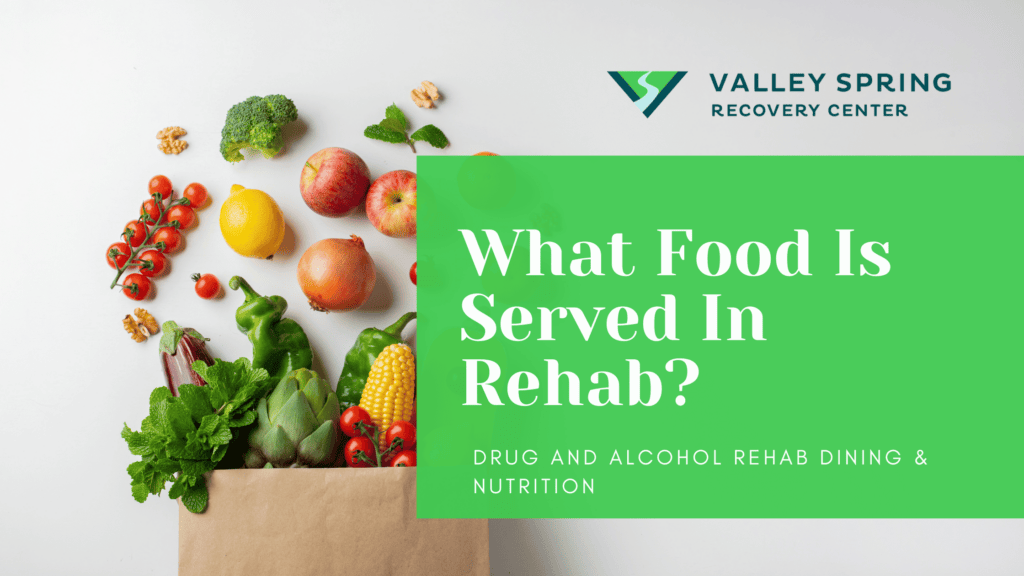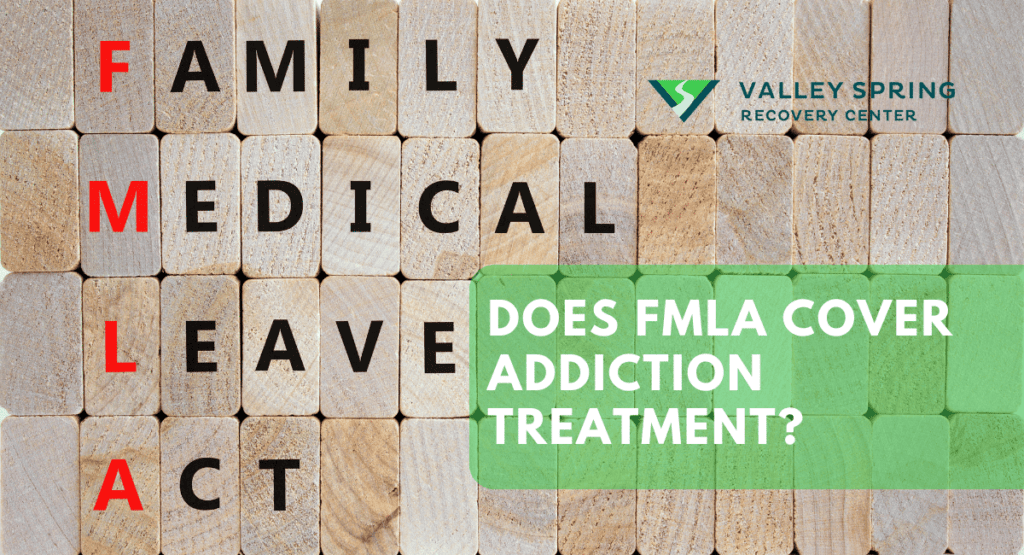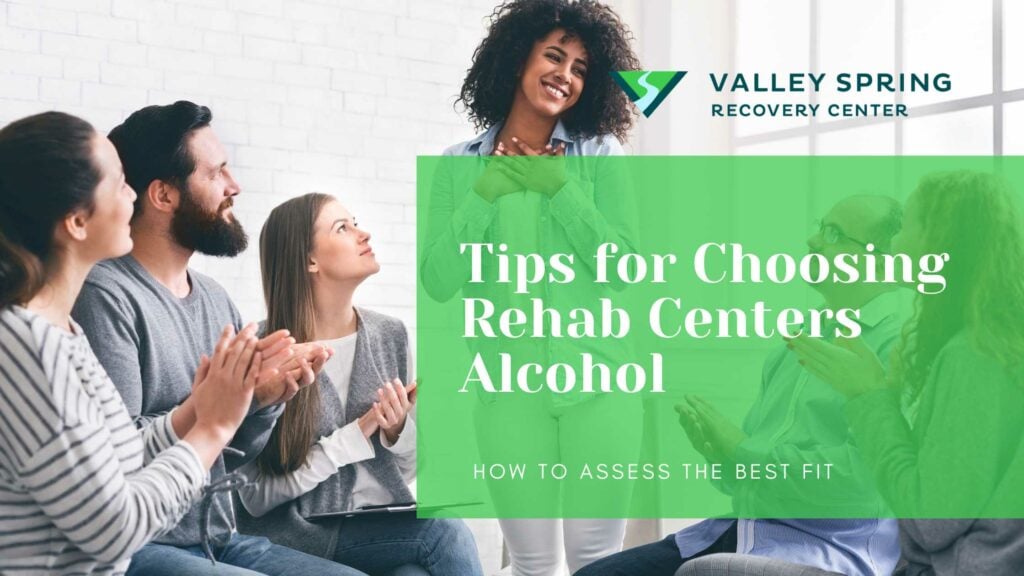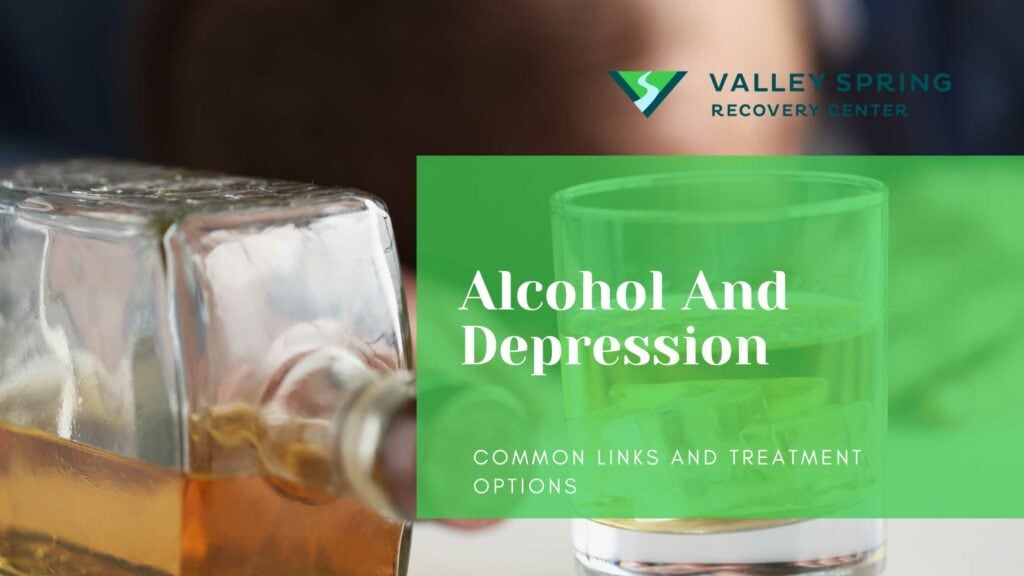Embarking on the journey toward recovery from substance abuse is a crucial and often daunting endeavor, accompanied by a multitude of questions and concerns. One frequently overlooked yet vital aspect is the role of nutrition during your stay in rehab.
When entering a treatment program, the focus often lies predominantly on detox and counseling sessions, with little consideration given to the daily dietary regimen. However, the quality and composition of your meals play a critical role in not only maintaining physical health but also enhancing mental well-being and bolstering your journey toward sobriety.
Understanding the nutritional strategies in rehab centers involves exploring the typical menus and dietary philosophies offered. These range from standard in-house meal plans to specialized options accommodating dietary restrictions and allergies. This insight can significantly aid individuals in preparing for their rehabilitation process, ensuring they are as comfortable and supported as possible.
Nutrition in rehab is crucial; enjoying meals can significantly enhance comfort and satisfaction during your stay. Moreover, a well-balanced diet aids in detoxification and supports long-term health and recovery, establishing a strong foundation for a successful return to sobriety.
What Types of Food Is Served in Rehab Centers?
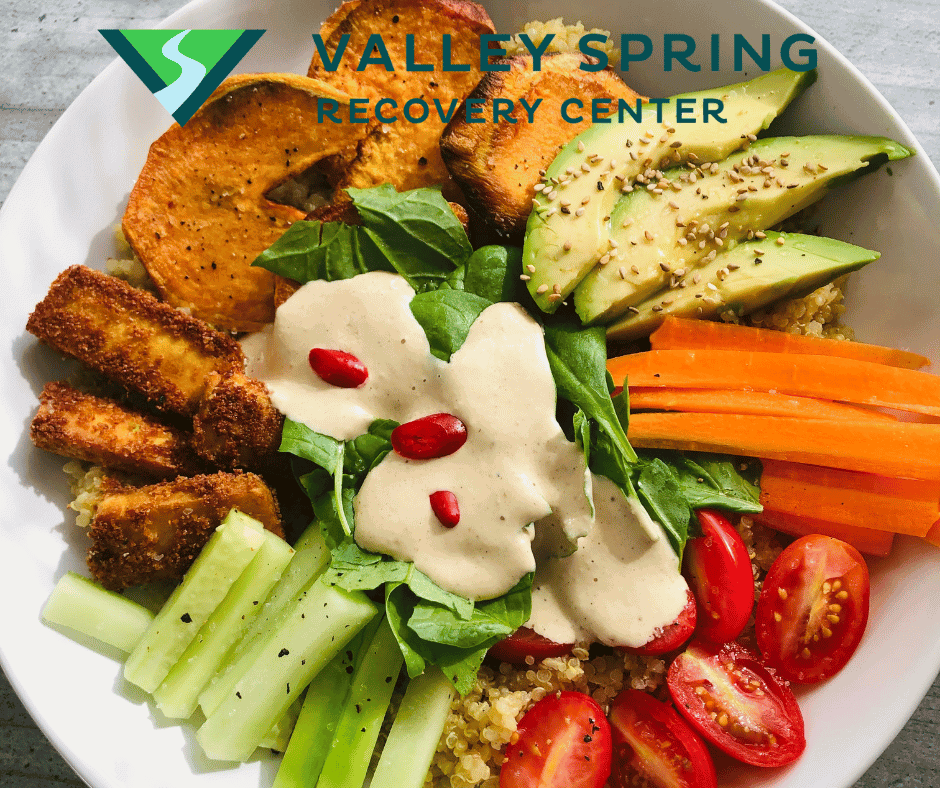
Food provides not only nourishment but also enjoyment and essential nutrition, all of which are particularly critical during addiction treatment. Rehab centers typically offer well-balanced, nutritious meals prepared with fresh ingredients to cater to a variety of dietary preferences and medical needs.
These meals are specially designed to support individuals in early recovery, featuring:
- Complex carbohydrates to provide sustained energy
- A rich array of naturally occurring vitamins to boost immune function and overall health
- High-quality proteins for tissue repair and growth
- Dietary fibers to improve digestive health
- Essential healthy fats to enhance brain health
Rehab centers usually provide three well-rounded meals per day and ensure that nutritious snacks are available around the clock to help manage cravings and stabilize mood.
Furthermore, these facilities are equipped to cater to all kinds of dietary needs and restrictions, ensuring that each individual receives the optimal nutrition necessary for their recovery process. This approach is pivotal for successful recovery, aiding both physical health and emotional well-being.
What Is The Role of Nutrition in Addiction Recovery?
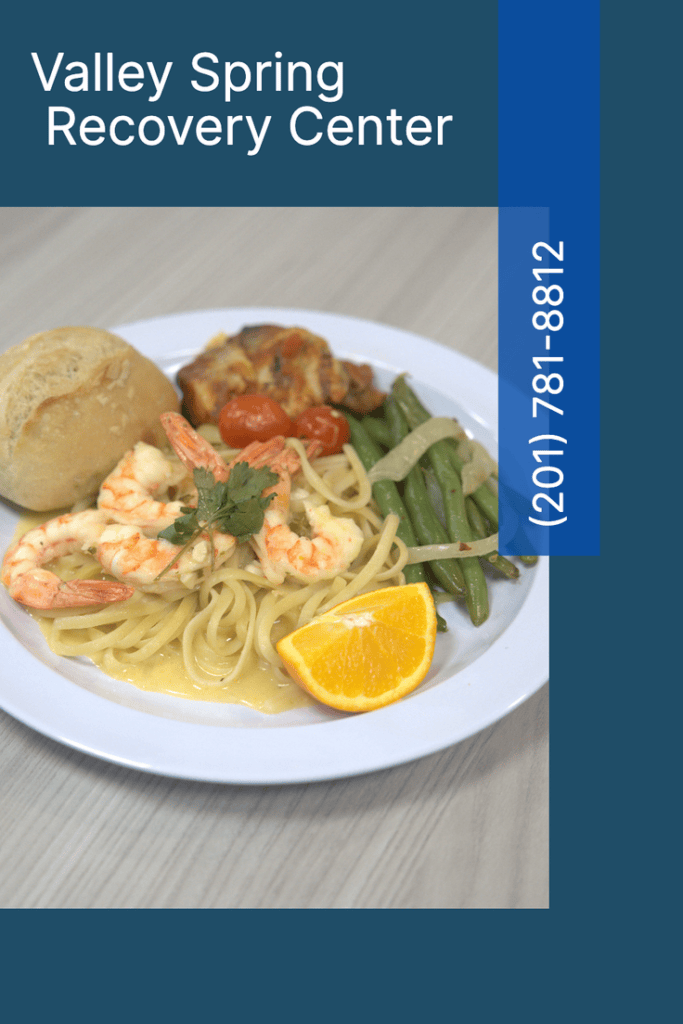
Nutrition in addiction recovery addresses deficiencies commonly observed in addicts, such as low levels of B vitamins and magnesium, significantly enhancing both physiological and psychological recovery processes according to Tardy, Anne-Laure et al. research on Vitamins and Minerals for Energy, Fatigue and Cognition in 2020.
Furthermore, nutrition education programs in rehab settings have been shown to reduce relapse rates by equipping patients with the skills needed to maintain a healthy diet post-treatment (Doe, 2019, American Journal of Public Health).
When patients begin to focus on their nutrition and even bond over preparing healthy meals together, there’s a noticeable boost in their energy and attitudes. It’s as if nourishing the body properly reignites their spirit, fostering a more positive and energetic atmosphere within our community. This not only aids in their recovery process but also enhances their overall experience in rehab.
Vincent Samoya, Operations Manager at Valley Spring Recovery Center
What Are The Essential Nutrients and Foods for Addiction Recovery?
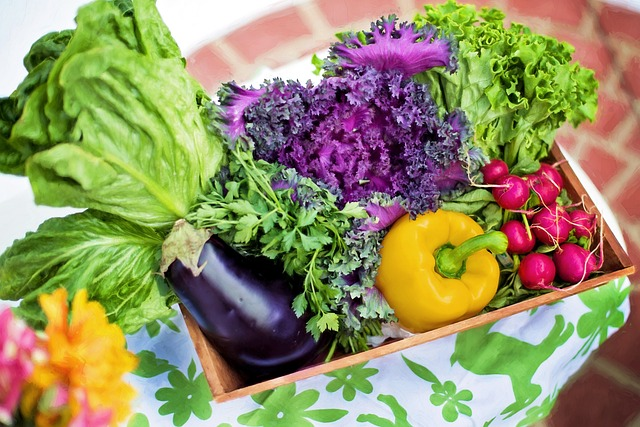
Essential nutrients and foods for addiction recovery include:
- Vitamins
- Minerals
- Amino acids
- Healthy fats
These nutrients can help restore the body’s balance and promote overall health. Proper nutrition is key to supporting the recovery process and restoring physical and mental health.
Incorporating these essential nutrients into a recovery-focused diet can optimize recovery efforts and support overall well-being.
Vitamins and Minerals
Vitamins and minerals are essential for maintaining proper bodily functions, and their deficiencies can be addressed through a balanced diet during recovery.
B complex vitamins, vitamin C, magnesium, calcium, zinc, omega-3 fatty acids, iron, and vitamin D, can help support addiction recovery.
Amino Acids and Healthy Fats
Amino acids and healthy fats play a vital role in brain function and overall health, making them essential components of a recovery-focused diet. Here are some benefits of amino acids in addiction recovery.
- Restore brain chemistry
- Reduce cravings
- Support detoxification
- Promote mood stability
- Boost energy and vitality
Healthy fats are essential for brain health and can help reduce inflammation, improve cognitive function, and support overall health for a successful recovery. Incorporating amino acids and healthy fats into a recovery-focused diet can be achieved by consuming foods such as:
- Lean proteins
- Nuts
- Seeds
- Fatty fish
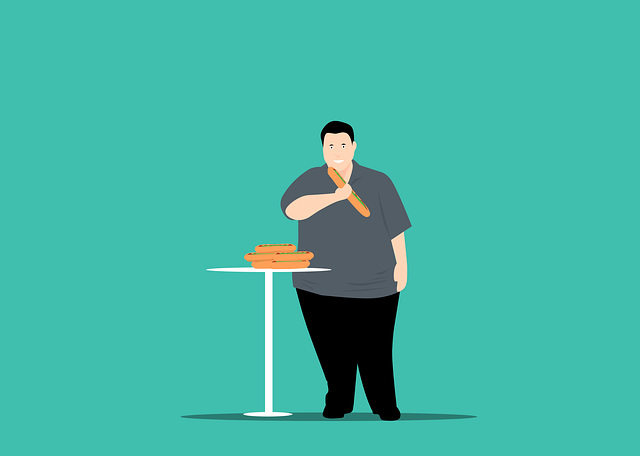
What Is The Impact of Substance Abuse on Nutritional Health?
Substance abuse can lead to various health problems, including vitamin and mineral deficiencies and digestive issues. Therefore, proper nutrition is crucial for successful recovery. For instance, individuals with alcoholism may lack essential nutrients such as:
- B complex vitamins
- Zinc
- Magnesium
- Calcium
These nutrients are important for their overall health and well-being, as poor nutrition can have negative consequences.
High fiber foods, such as:
- leafy dark greens
- whole grains
- beans
- rice
Amino acids can help those recovering from opioid addiction stay on track with their recovery goals. Integrating an amino acid called tyrosine into the diet can bolster recovery, particularly for women with alcoholism susceptible to osteoporosis risks.
Consuming proteins can be incredibly beneficial for repairing cells, aiding addiction recovery, and supporting physical health.
What Are Healthy Eating Habits In Early Recovery?
Building healthy eating habits during rehab empowers individuals to bolster their recovery and overall well-being, and simultaneously enjoy the nutritional benefits of a balanced diet. Consuming a variety of fruits and vegetables ensures that individuals receive the right nutrients for a well-balanced diet during addiction recovery.
Foods rich in tryptophan, an amino acid that boosts serotonin levels, can lead to a more relaxed state and better quality sleep, both of which are important for addiction recovery. Some examples of foods rich in tryptophan include:
- Turkey
- Chicken
- Tofu
- Eggs
- Cheese
Incorporating antioxidant-rich blueberries into a recovery-focused diet can help strengthen the immune system and rid the body of harmful toxins, especially for those dealing with alcohol abuse.
How Are Food Addictions and Eating Disorders in Rehab?
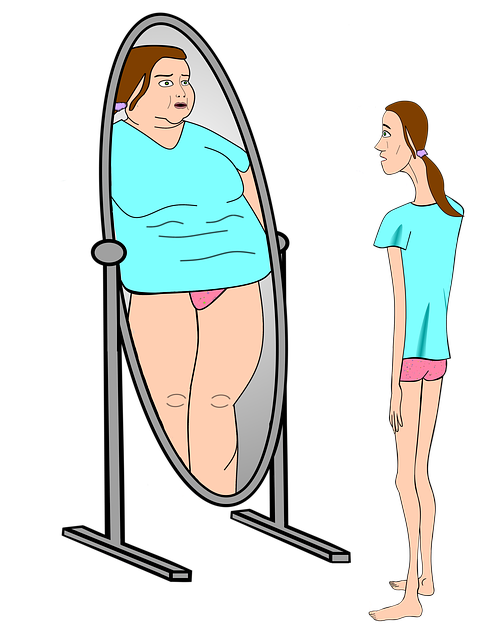
Rehab centers address food addiction and eating disorders by identifying and treating the underlying issues and providing residential treatment programs tailored to each individual’s needs. The fascinating science behind food addiction and eating disorders is that eating trigger foods causes a release of dopamine and serotonin in the brain, producing intense sensations of pleasure, just like that of a drug. The brain’s reward system is activated right after eating food. This leads to the association between eating and feeling emotionally good.
Cravings for specific foods can trigger undesirable behaviors and even chemical dependency, underscoring the need for professional diagnosis and treatment from a reputable and knowledgeable treatment facility. Intense physical craving, distortion of needs, and sometimes even display of manic tendencies are powerful withdrawal symptoms of food addiction.
Help Is Right Around The Corner.
Private, Confidential, Evidence-Based Drug Rehab in Northern New Jersey
How Can Rehab Centers Identify and Treating Food Addiction?
Addressing and treating food addiction is vital for successful recovery, as it requires dealing with the disorder’s behavioral and emotional aspects. Rehab centers like Rosewood take a personalized approach to food addiction treatment, carefully diagnosing dual disorders and customizing treatment to meet the individual needs of each patient. Their aim is to provide a comprehensive and holistic treatment plan that includes:
- Individual therapy
- Group therapy
- Nutritional counseling
- Mindfulness and meditation practices
- Support groups
- Aftercare planning
This comprehensive approach helps individuals on their journey to recovery.
Integrating amino acids, such as tyrosine, into the diet can bolster recovery, particularly for women with alcoholism susceptible to osteoporosis risks. Consuming proteins can be incredibly beneficial for repairing cells, aiding addiction recovery, and supporting physical health.
Residential Treatment for Eating Disorders
Residential treatment programs for eating disorders provide comprehensive care, focusing on the individual’s physical, emotional, and mental well-being. These programs involve staying at a specialized treatment facility where individuals receive evidence-based treatment, therapy, and support to address their eating disorder and related issues, helping them to make lasting changes.
The goal of residential treatment is to provide a safe and supportive environment for individuals to focus on their recovery and foster positive changes in their eating habits and coping skills. Proper sleep and exercise, along with a balanced diet, contribute to a healthy lifestyle that supports ongoing recovery and overall health.
Creating a Balanced Diet for Recovery and Beyond
Establishing a balanced diet for recovery and beyond requires adjusting to new nutritional habits and highlights the importance of adequate sleep and regular exercise for a healthy lifestyle. Adapting to new nutritional habits during recovery can be challenging but is essential for maintaining long-term sobriety and well-being.
Incorporating essential nutrients and foods for addiction recovery, along with proper sleep and exercise, ensures a comprehensive approach to a healthy lifestyle.
Adjusting to New Nutritional Habits
Adjusting to new nutritional habits during recovery may be challenging, but it is indispensable for achieving and maintaining long-term sobriety and overall well-being. Adjusting to new nutritional habits can provide various advantages, including protection from severe health issues like obesity and diabetes, increased energy and vitality, and the prevention and management of many health conditions.
Forming healthy eating habits early in life can lead to a healthy diet and behavior in adulthood for the long-term, including the consumption of healthy foods.
The Importance of Proper Sleep and Exercise
Adequate sleep during addiction recovery proves extremely beneficial, aiding the body’s healing process, reducing stress and anxiety, elevating the mood, and enhancing cognitive function.
Exercise, on the other hand, can help curb cravings, create a sense of structure and routine, fill time and thoughts, relieve stress, boost mood, and increase self-confidence and self-esteem.
Both proper sleep and exercise, along with a balanced diet, contribute to a healthy lifestyle that supports ongoing recovery and overall health.
frequently asked questions (FAQs) about Drug And Alcohol Rehab
What food is good for addiction?
A balanced and nutritious diet is key to addiction recovery, focusing on complex carbohydrates like whole grains, fish and poultry, fruits and vegetables, as well as healthy fats.
Foods high in potassium, fiber, and protein are especially beneficial for supporting healing during addiction recovery.
How can I eat healthy in recovery?
Maintaining a healthy diet is key to your recovery journey. Stay hydrated, opt for whole grains and lean proteins, snack on nuts and seeds, and limit sugary treats and caffeine for the best results.
Keeping a food journal can also help you stay mindful of your eating habits.
How does nutrition play a role in addiction recovery?
Nutrition is vital for addiction recovery success as substance abuse causes nutritional deficiencies. Eating healthy can help set the foundation for long-term recovery.
What types of food are served in rehab centers?
Rehab centers provide healthy, nutritious meals that cater to various dietary needs and restrictions, so everyone can enjoy a tasty and balanced meal.
What is the food like at Valley Spring Recovery Center In New Jersey?
Valley Spring Recovery Center In New Jersey is fully mindful of how important food is in rehab. We offer freshly prepared food and snacks from experienced chefs who cater to all dietary restrictions and preferences. You or your loved one deserve peace of mind and comfort during treatment, including the food choices that are available to you.
The role of food in rehab centers is undeniably essential for successful addiction recovery. From the importance of nutrition and catering to various dietary needs to addressing food addiction and eating disorders, rehab centers are equipped to provide comprehensive care and support for individuals on their recovery journey. Incorporating essential nutrients, adjusting to new nutritional habits, and emphasizing proper sleep and exercise all contribute to a healthy lifestyle that supports ongoing recovery and overall well-being. Embrace this knowledge, and let it guide you towards a healthier, happier, and more balanced life in recovery and beyond.
Addiction treatment can last from several weeks to several months, and you need to be able to maintain a healthy, satisfying, and well-balanced diet while you’re getting the help you need. Contact Valley Spring Recovery Center in New Jersey if you are in need of treatment and want good meals while you are recovering.
Kristy Ashe
All author postsShare This Post

